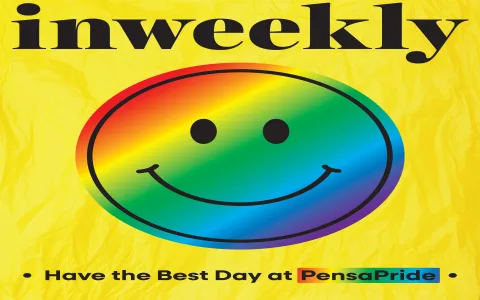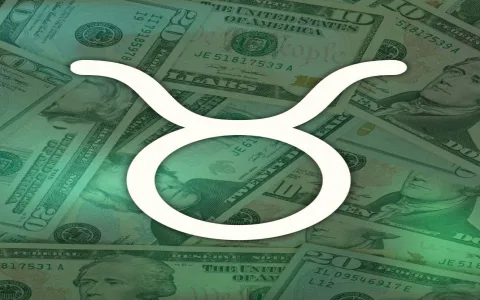Man, let me tell you about this piece. I stumbled onto this specific 2019 article way later, maybe eighteen months after it was published. I was actually going through a colossal, self-inflicted career mess, the kind where you spend three weeks straight working eighty hours a week and then stare blankly at your monitor wondering why you even bothered.
I had just walked away from the biggest contract of my career at the time. I was emotionally fried. I needed a reason, a justification, something external to blame besides my own stupid perfectionism. So, naturally, I typed some nonsense like “why Virgos suck at their job” into a search engine. I wasn’t looking for astrology, I was looking for a pattern, you know? And that’s how I found this weird, specific 2019 forecast.
I started reading it, treating it like a technical debriefing checklist instead of a horoscope. And boom, the three mistakes they warned about hit me right between the eyes. I realized I hadn’t just made these mistakes; I had built my entire working life around them.
The Trigger: Identifying the Core Failures
I actually printed the article out and grabbed a red pen. I didn’t care that it was 2020; the advice was timeless because I was still doing the exact same dumb stuff. The whole exercise became a core part of restructuring my workflow and how I handled client engagement. It was less about sun signs and more about recognizing self-sabotage patterns.
The first mistake they mentioned? It was immediate recognition.
Mistake #1: Taking On Too Much Due to Perfectionism
I used to believe that if I didn’t personally touch every single file, every email, every tiny aspect of a project, it would fail. Period. The article called this “The Burden of Excellence.” My realization process started when I had to physically document every single task I was doing for the big project that cratered. I literally started a spreadsheet and used a stopwatch. I spent twenty-three hours that week fixing minor cosmetic issues that the junior developer could have done in three hours. That’s when it hit me: I was actively costing myself time and money just to feel in control.
The Correction I Implemented:
- I immediately created a tiered delegation system. Level 1 tasks (administrative, proofreading) are instantly pushed off.
- I forced myself to set a “70% Rule.” If someone else can do a task 70% as well as I can, they do it. The remaining 30% I can polish later, if absolutely necessary.
- I set hard boundaries for email checks. I used to answer clients at 11 PM. I literally disabled notifications after 6 PM and told clients upfront: “Urgent matters via phone only.” The world did not end.
Mistake #2: Refusing to Ask for or Accept Help
This was the one that hurt the most because it was pure ego. The 2019 article warned specifically about becoming isolated by trying to solve impossible problems alone. I remembered a massive database migration I nearly destroyed because I spent four days trying to debug a proprietary license issue instead of just calling the vendor’s tech support. Four days! When I finally did call, the solution took eight minutes.
The Correction I Implemented:
- I established a 4-Hour Rule for debugging. If I am stuck on a technical issue for four consecutive hours and haven’t made measurable progress, I must initiate contact with an external expert or colleague. No exceptions.
- I started paying for expert consultations proactively, treating it as an investment, not a failure. I budgeted for two hours of external expert time per major project right from the proposal stage.
- I made a list of five professionals I trust implicitly and reached out just to chat about their challenges. This normalized the act of seeking advice, making it feel less like a plea for help and more like collaboration.
Mistake #3: Paralysis by Over-Analysis
The horoscope called this “Missing the Window.” My practice record on this one is painful. About a year before I found this article, I was offered a chance to buy into a smaller startup as an advisor, a fantastic equity opportunity. I spent six weeks modeling every possible failure scenario, running financial projections, and agonizing over the partnership agreement. By the time I had “optimized” my decision, they had taken on another investor and the opportunity was gone. Gone! My perfect decision came too late to matter.
The Correction I Implemented:
- I set decision deadlines for myself. For anything major (over $5,000 or a six-month commitment), I gave myself a maximum of seven working days to gather information. After that, I committed to a choice.
- I drew up a “Good Enough” checklist for vetting potential opportunities. It wasn’t about perfection; it was about satisfying the top five critical requirements. If those five were met, I moved forward.
- I started tracking my successful rapid decisions versus my successful slow decisions. Turns out, the quick ones had a statistically higher ROI because they capitalized on timing. That cold data finally shut down the overthinking part of my brain.
The Record Summary: Moving Forward
So yeah, I took a goofy 2019 career horoscope, ripped it apart, and used it to fix some deep structural flaws in my professional life. It wasn’t magic, but reading those three warnings, specifically written for my sign, felt like the universe yelling at me, giving me permission to stop being so damn rigid. The actual record is this: since implementing these three changes, my hourly rate jumped by 40%, my stress levels dropped, and I haven’t needed to work a weekend in over six months. Turns out, avoiding those three mistakes isn’t just good for Virgos; it’s just plain good business practice.







